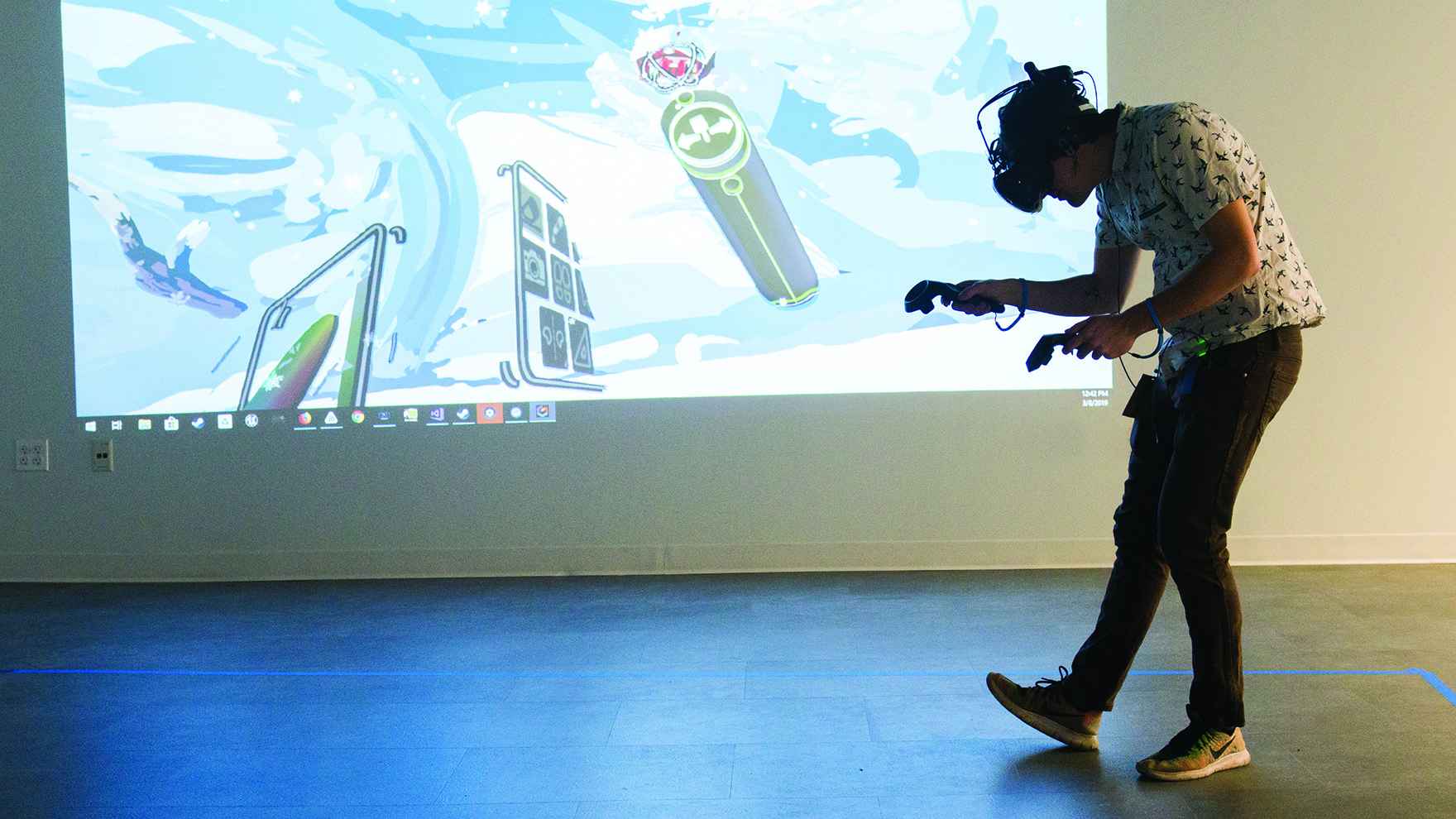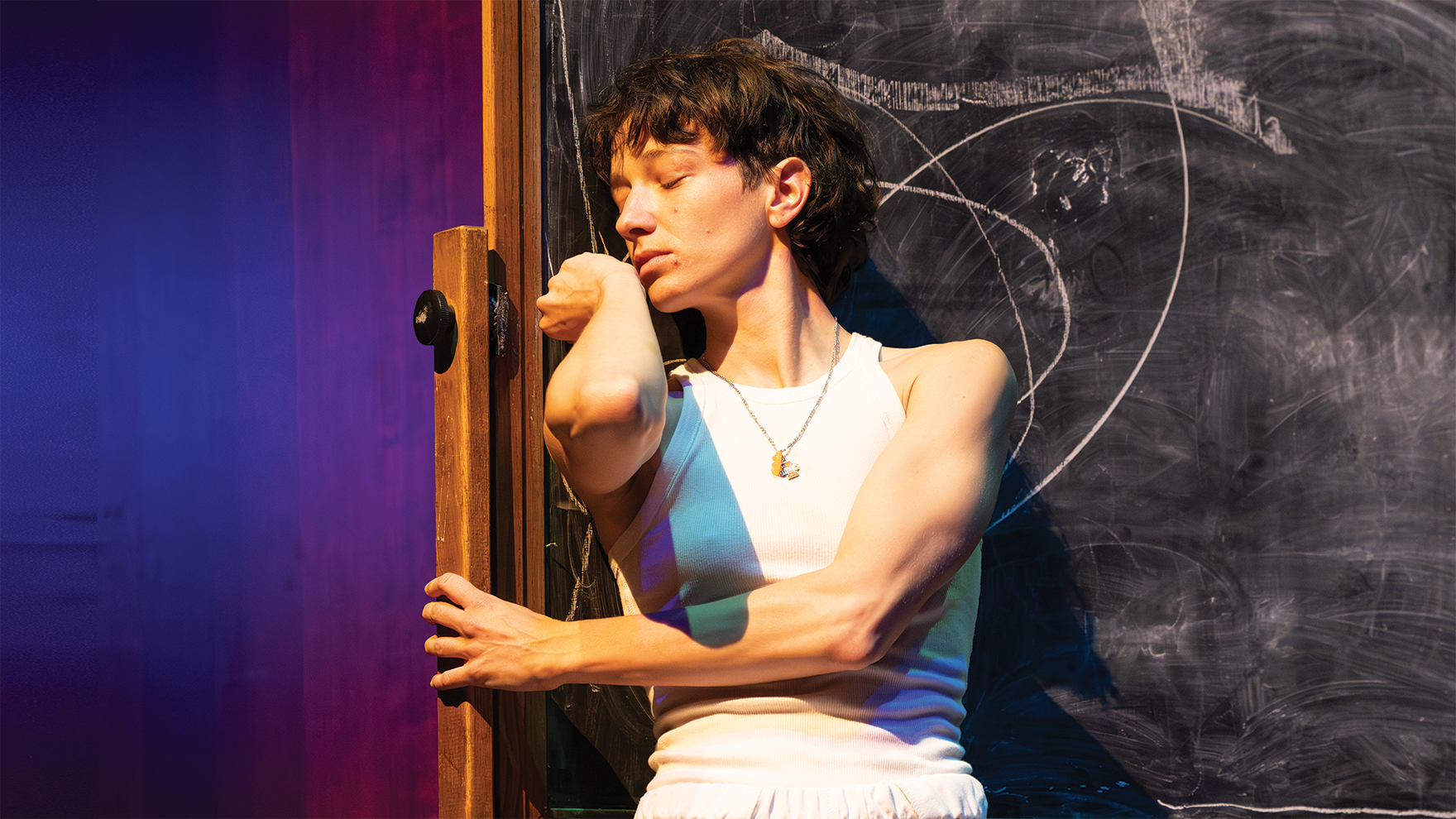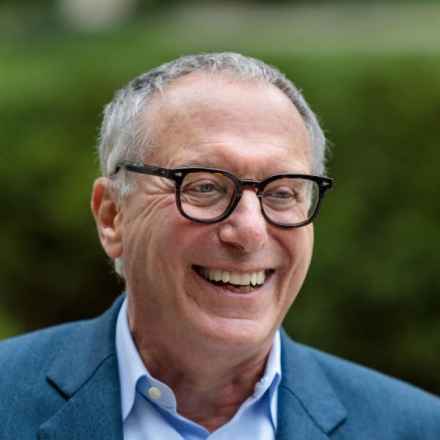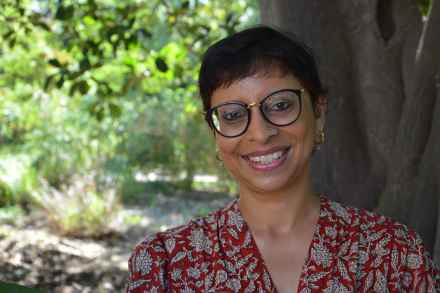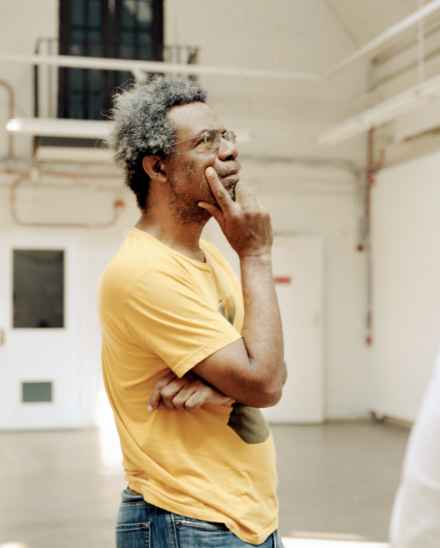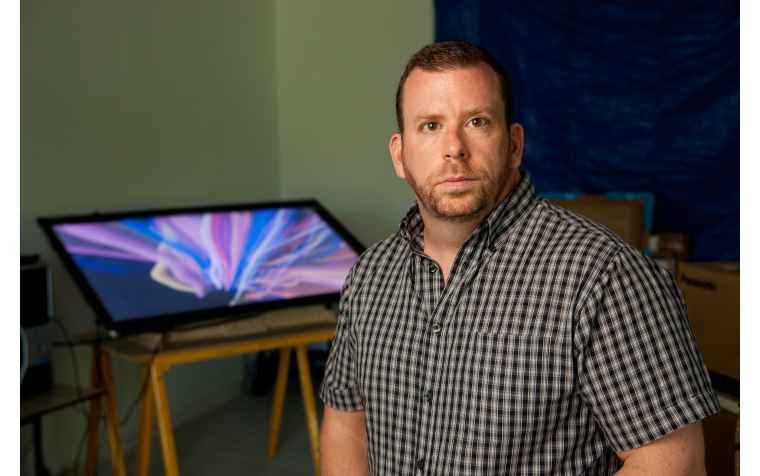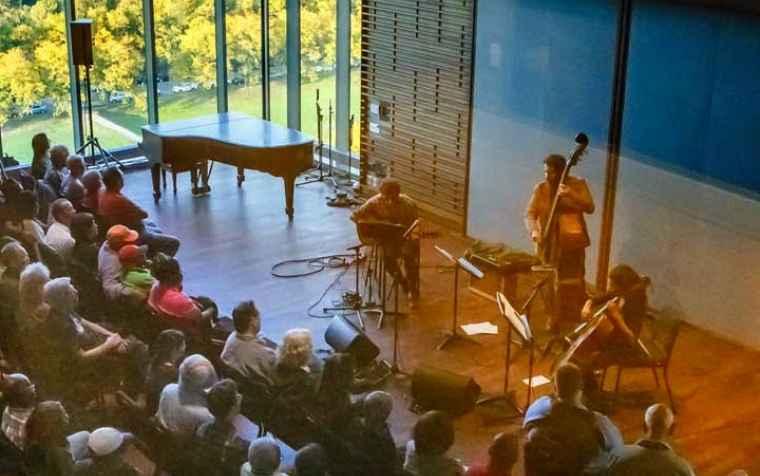Setting the Scene
Growing up in Kankakee, Illinois, Rich Murray was a Star Wars fan—and not just a casual one. He knew the movies beginning to end. He bought the books. And he especially loved the action figures, which he collected diligently and still owns today.
But there was a problem. “Loved the figures,” says Murray, “disliked the play sets”—the plastic backdrops that accompanied the toys. To his exacting eye, they were never quite right and often didn’t function as advertised. So Murray, AB’94, took matters into his own hands, rebuilding the play sets out of cardboard so he could create the perfect scenery for Luke, Leia, and Han’s adventures.
It was, in retrospect, Murray’s very first gig in set design (unpaid, nonunion). In the years since, he’s swapped scissors and cardboard for paint and furniture, but he’s still chasing the same goal: scenery that makes a story feel real.
Prof. Jonathan Lear To Examine Gratitude in 2024 Ryerson Lecture
Prof. Jonathan Lear, a preeminent scholar of philosophy and ethics, will deliver the 2024 Nora and Edward Ryerson Lecture on April 2 at 5 p.m. in the Rubenstein Forum’s Friedman Hall.
Since 1972, University of Chicago faculty have nominated one of their peers who has made “research contributions of lasting significance” to deliver the Ryerson Lecture to the members of the UChicago community. The event is free and open to the public and will be webcast on UChicago’s digital channels.
“It is an honor to be invited to give the Ryerson Lecture,” said Lear, the John U. Nef Distinguished Service Professor in the Committee on Social Thought, the Department of Philosophy and the College. “I am delighted and very much look forward to trying out some ideas with my colleagues.”
Humanities Scholar Receives Prestigious Award for Analyzing India's Art Cinema
Originally starting her career as a South Asian historian of gender, Prof. Rochona Majumdar has expanded her research to encompass Indian cinema. She recently received the 2023 Chidananda Dasgupta Award for Best Writing on Cinema for her book, "Art Cinema and India’s Forgotten Futures: Film and History in the Postcolony" (2021).
In the Award’s citation from the Chidananda Dasgupta Memorial Trust, Majumdar’s book is recognized for not only its discussion of film practice and film societies in Bengal, but for its intriguing questions about how art cinema offered new insights into postcolonial Indian culture, history, and politics.
“With her detailed background in South Asian 20th-century culture, Rochona Majumdar has a particular insight into the role cinema has had, not only in social change, but in creating social networks,” said Tom Gunning, professor emeritus in the Departments of Cinema and Media Studies, Art History, and the College at UChicago.
William Pope.L, Renowned Interdisciplinary Artist and Scholar, 1955–2023
William Pope.L, an acclaimed interdisciplinary artist and professor in the Department of Visual Arts at UChicago, died on Dec. 23 at his home in Chicago. He was 68.
In the international art world, Pope.L was best known for his provocative performance art, which included crawling through the streets of New York City and Lewiston, Maine in a business suit or Superman costume and eating columns of financial news from the Wall Street Journal while smearing mayonnaise all over his torso to achieve an artificial whiteness. In addition to performance, his art also encompassed writing, photography, painting, sculpture and theater.
“Pope.L was a dedicated student of the human condition, a marvelous interlocutor and a kind soul,” said Matthew Jesse Jackson, professor in the Departments of Art History, Theater and Performance Studies, Visual Arts, and the College and chair of Visual Arts at UChicago. “He ceaselessly challenged us to think. His art is humane, generous, combative and among the most important bodies of work in the 21st century.”
